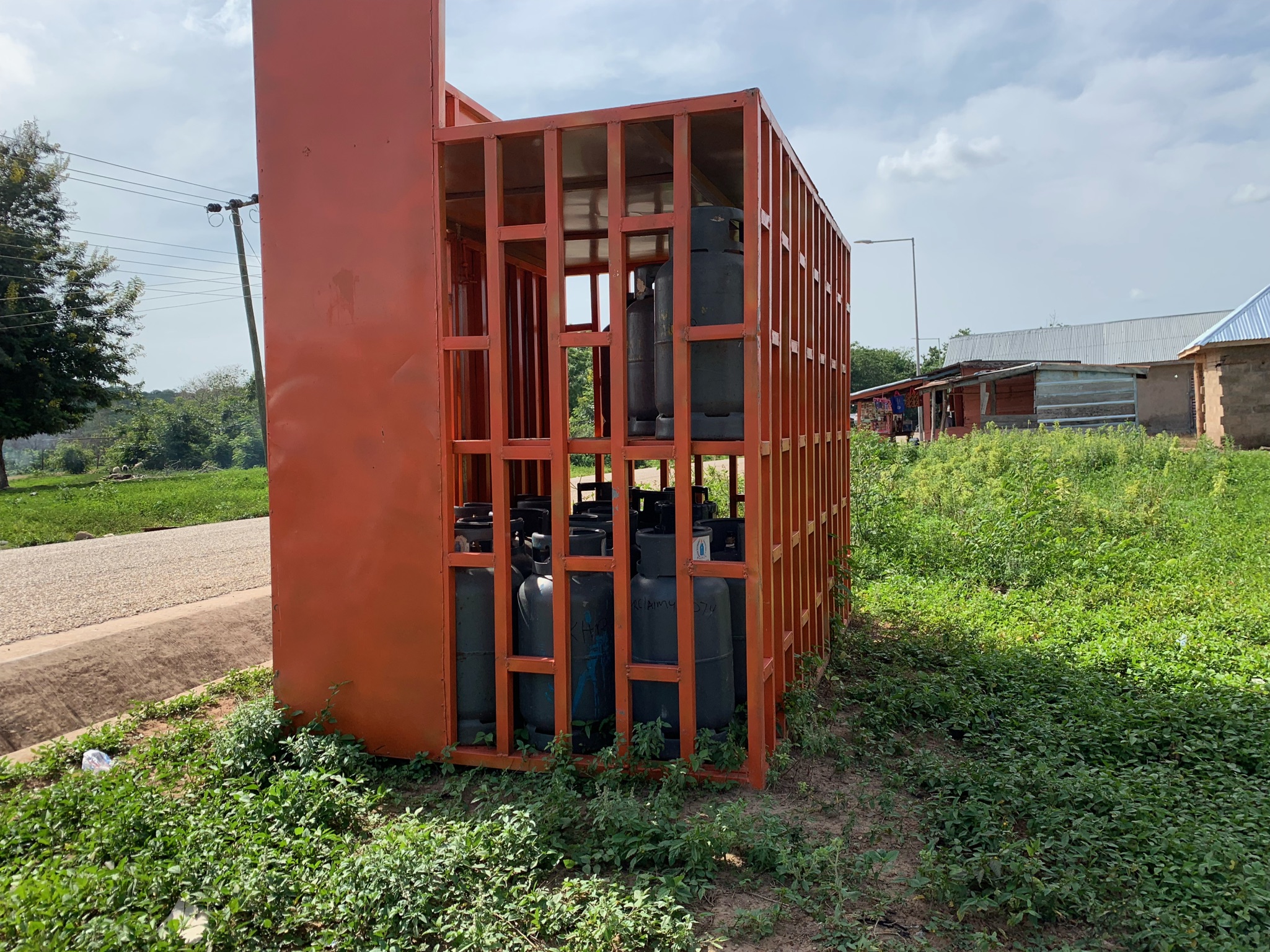Approach
This project aims to increase community-wide adoption of clean cooking technologies that reduce household air pollution. To do this we need to identify broader energy system changes that support and sustain household- and community-level transitions. This entails a careful review of the current regulatory, infrastructural, and financial environment and the potential for targeted investment to encourage an energy system that favors clean cooking.
The research is being conducted in two phases. In Phase I (2019-2023) we are conducted a series of assessments to understand the factors and conditions that could increase adoption: (1) a needs assessment, which entails a national household energy survey as well as community-level energy assessments to understand current energy usages and needs; (2) a behavioral assessment, aimed at understanding decision-making within the home and at the community level to encourage exclusive, sustained use of clean energy technologies; (3) an alternative energy assessment to develop a portfolio of clean cooking options — fuels, stoves, and practices — that together can replace traditional open fires and enable exclusive, sustained use of clean alternatives; and (4) an air pollution assessment to monitor the community air pollution outcomes of the proposed interventions.
Key findings from Phase I highlight some of the barriers to clean fuel adoption including:
- Affordability: In rural areas, LPG demand is high when prices are very low but evaporates when anywhere close to market prices.
- Liquidity: Charcoal users often purchase small quantities every day or two, while LPG households report difficulty saving up to buy cylinders.
- Access: Households within 1 km of a filling station more than 3x more likely to use LPG compared to those 5+ km away – retail kiosks may boost demand.
To address some of these barriers the team partnered with Zeepay, a financial technology company, and Rancard, a software development firm, to develop GasPay. A mobile platform to facilitate the purchase and inventory management of LPG under a new Cylinder Recirculation Model (CRM) the Government of Ghana has been rolling out. Click here to learn more about GasPay. Phase II of the work (2024) is focused on testing and launching the GasPay system in a peri-urban environment with the goal of understanding if and how financial services, targeted subsidies and CRM can help transition communities to cleaner cooking fuels.
